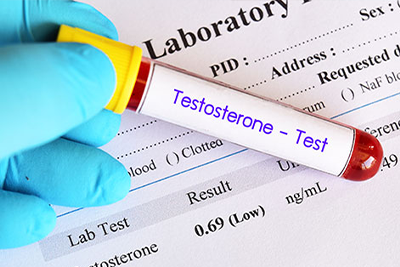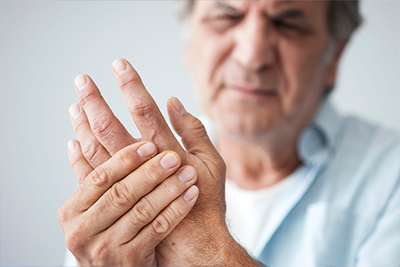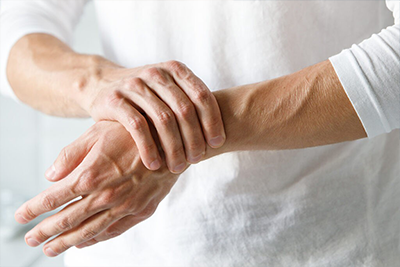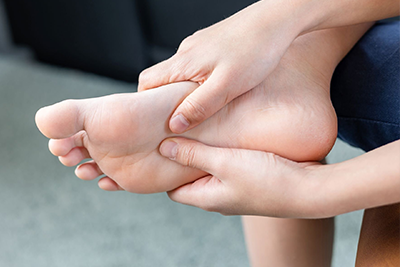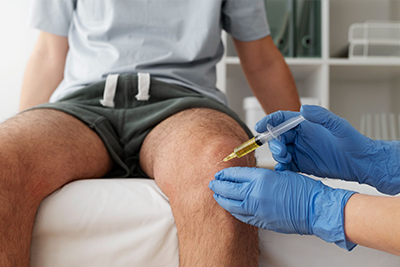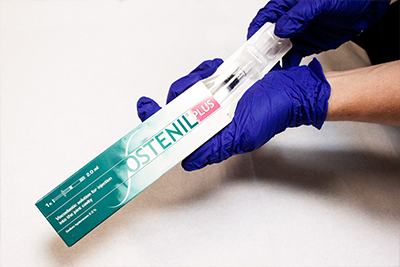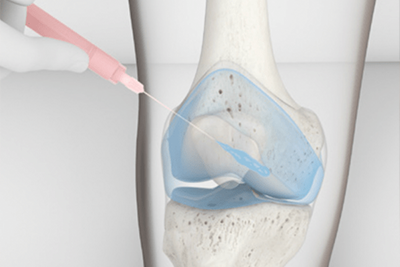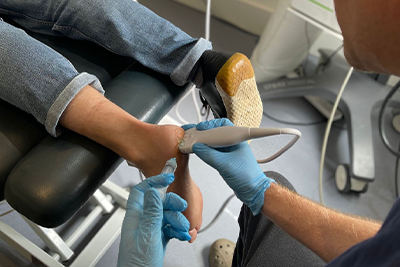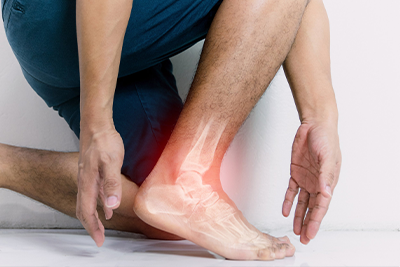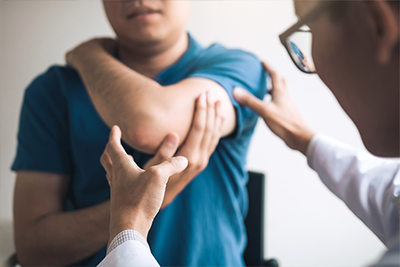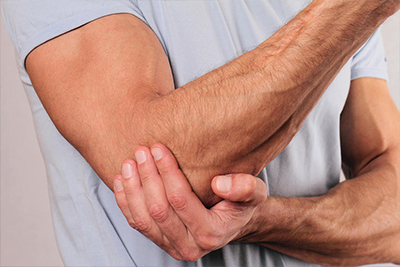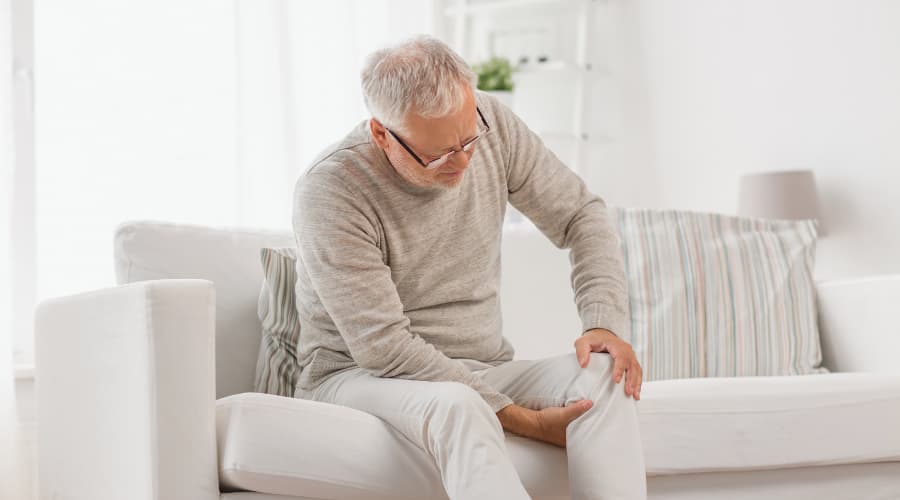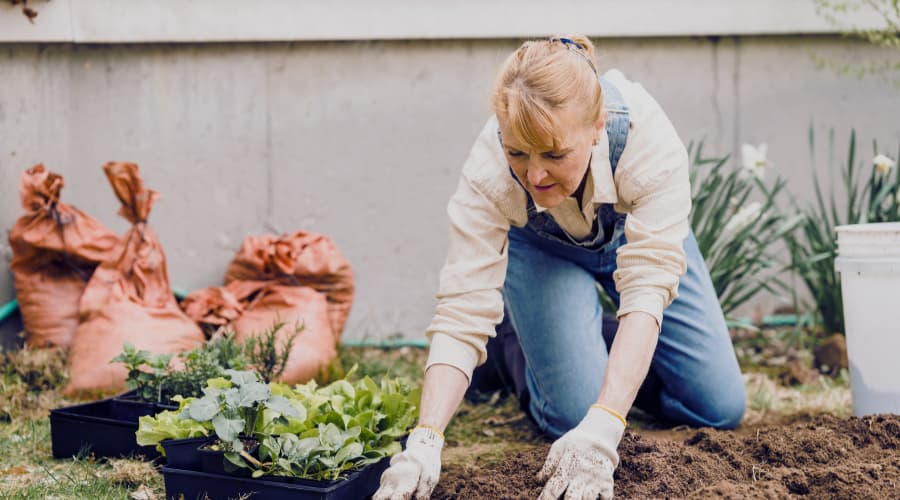As the temperature drops, many people, particularly those with osteoarthritis, experience increased joint pain and stiffness. The cold weather can make aching joints feel worse, but there are several strategies you can implement to help manage the discomfort. This guide will provide medically accurate tips for alleviating winter joint pain, focusing on everyday remedies and specialised treatments available.
Why Does Joint Pain Worsen in Winter?
Cold weather can exacerbate joint pain for several reasons:
Reduced Circulation:
Lower temperatures cause blood vessels to constrict, reducing circulation to the extremities and causing stiffness.
Muscle Tightness:
The body’s natural response to cold is to tense up, leading to muscle tightness that adds pressure to joints.
Changes in Barometric Pressure:
Some studies suggest that fluctuations in atmospheric pressure can lead to increased swelling in already inflamed joints.
For those with osteoarthritis or other joint conditions, these effects can be more pronounced, resulting in more frequent or intense pain episodes.
Pain Relief Tips for Winter Joint Pain
-
Stay Active, But Warm Up Properly
Maintaining mobility is one of the best ways to relieve joint pain, but the key in winter is warming up first. Cold muscles and joints are more susceptible to injury, so begin with light stretches or low-impact aerobic activity to get your blood flowing before engaging in any intense exercise. Walking, cycling, or swimming in heated pools are excellent options for people with joint pain.
-
Dress for the Weather
Keeping your joints warm is critical to reducing discomfort. Layer your clothing, paying special attention to vulnerable areas like the knees, elbows, and hands. Heat-retaining fabrics, gloves, and thermal clothing can help keep these areas warm and prevent pain from flaring up.
-
Use Heat Therapy
Heat therapy is a tried-and-true method for easing stiff, aching joints. To soothe the pain, use a hot water bottle, heating pad, or warm baths. Heat works by increasing blood flow to the affected area, relaxing muscles, and reducing stiffness. Be sure not to apply heat for more than 20 minutes to avoid burns or irritation.
-
Stay Hydrated
Although it’s easier to remember to drink water in the warmer months, staying hydrated in winter is equally important. Dehydration can reduce your body’s ability to lubricate your joints, leading to more friction and pain. Make it a habit to drink water throughout the day, even if you’re not feeling particularly thirsty.
-
Try Joint-Friendly Foods
Your diet can play a role in managing joint pain, especially during the winter. Anti-inflammatory foods like fish rich in omega-3 fatty acids (salmon, mackerel, and sardines), leafy greens, and berries can help reduce joint inflammation. In contrast, reducing your processed foods and sugar intake may help decrease overall joint pain.
-
Consider Supplements
Certain supplements are known to support joint health. Glucosamine and chondroitin are popular for improving joint function and relieving pain in people with osteoarthritis. However, always consult your healthcare provider before adding any new supplement to your routine.
-
Over-the-Counter Medications
Nonsteroidal anti-inflammatory drugs (NSAIDs) like ibuprofen or naproxen can be effective for short-term relief of joint pain. These medications reduce inflammation, which can help alleviate the pain associated with osteoarthritis or other joint conditions. Follow the dosing instructions and consult a doctor if you use these medications regularly.
Medical Treatments for Persistent Winter Joint Pain
While home remedies can provide relief, some individuals may require more advanced treatment options, especially if joint pain significantly impacts their quality of life. We offer specialised treatments to address winter joint pain at Vale Health Clinic in Tunbridge Wells.
Ultrasound-Guided Cortisone Injections
Cortisone injections can provide significant relief for those with persistent or severe joint pain. Vale Health Clinic offers ultrasound-guided cortisone injections, which are particularly effective for osteoarthritis and other musculoskeletal problems. These injections reduce inflammation in the affected area, decreasing pain and improving joint function.
Ultrasound guidance ensures that the cortisone is injected precisely where needed, maximising effectiveness while minimising discomfort. This procedure benefits larger joints like the knees, hips, and shoulders, which can become especially painful during the colder months.
Cingal® Knee Injections for Osteoarthritis
For individuals with osteoarthritis, knee pain can be particularly debilitating in winter. The Cingal® injection is a powerful option for those seeking fast and long-lasting relief from knee discomfort. Cingal® combines hyaluronic acid, which cushions the joint, with a corticosteroid to reduce inflammation and pain.
Patients often experience significant improvement in their symptoms within days of the injection, with the effects lasting for months. This treatment benefits people whose knee pain doesn’t respond well to traditional therapies, offering a quick and effective solution for managing winter-related joint pain.
Long-Term Joint Health Strategies
While managing winter joint pain is essential, taking a proactive approach to joint health can reduce the frequency and severity of future flare-ups. Here are a few long-term strategies:
Maintain a Healthy Weight:
Excess weight strains your joints, especially weight-bearing ones like your knees and hips. Maintaining a healthy weight can help alleviate joint pain and reduce the risk of osteoarthritis progression.
Regular Exercise:
Strengthening the muscles around your joints through low-impact exercises such as swimming or yoga can improve joint stability and reduce stress on the joints.
Stop Smoking:
Smoking has been linked to an increased risk of joint problems, including rheumatoid arthritis. Quitting smoking can improve circulation and joint health over time.
Winter can be challenging for those with aching joints, but with the right strategies and treatments, you can alleviate pain and improve your quality of life. From simple lifestyle changes like staying active and warm to more advanced therapies like cortisone and Cingal® injections, numerous options are available to help you manage winter joint pain effectively.
If you’re in the Tunbridge Wells area and struggling with joint discomfort this winter, Vale Health Clinic offers a range of treatment options, including ultrasound-guided cortisone and Cingal® injections. Don’t let winter pain keep you from living your best life—consult a professional to explore the right treatment plan for your needs.
Related Articles
- Why Do Your Joints Click?
- Winter Weather Walking
- Is the cold weather making your back pain worse?
- Top Tips for Sciatic Pain
- Osteoarthritis and Arthritis, Similar But Very Different


